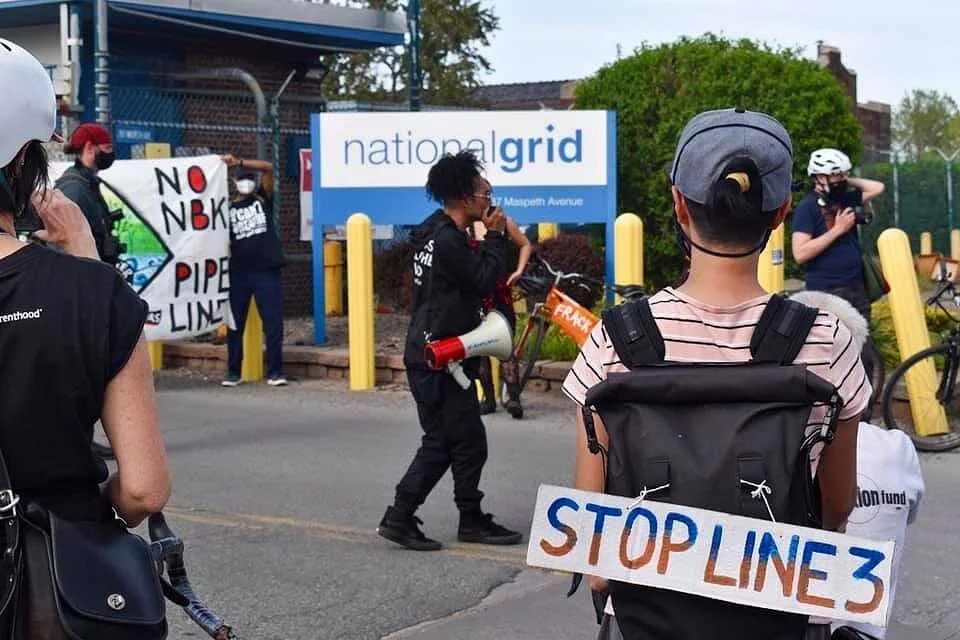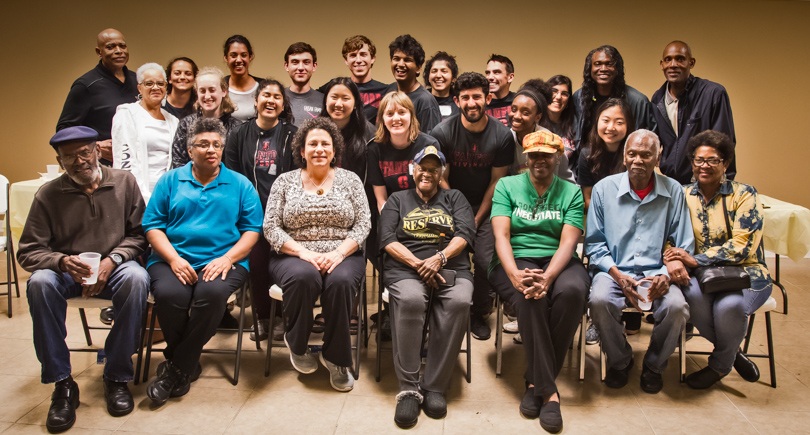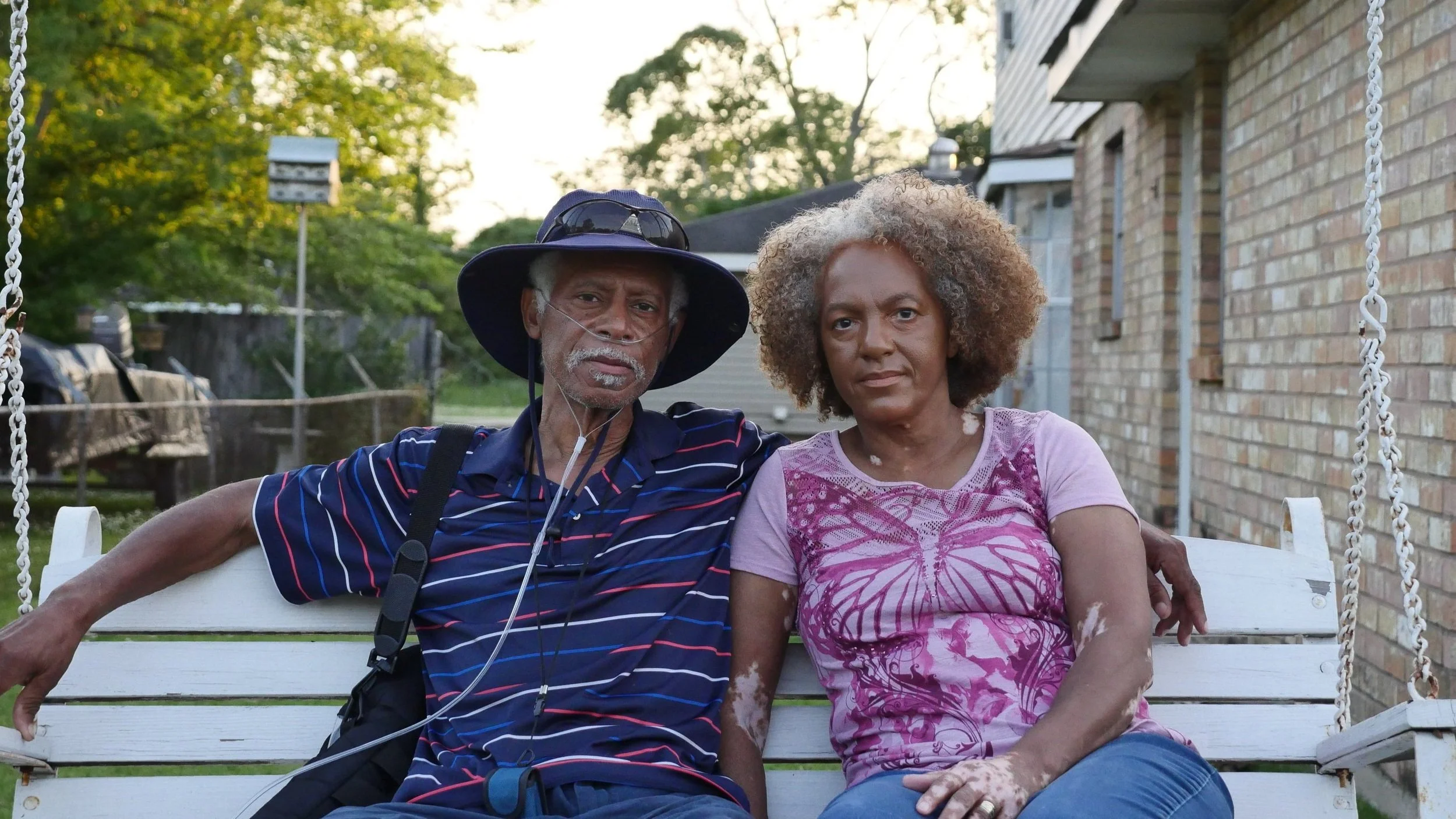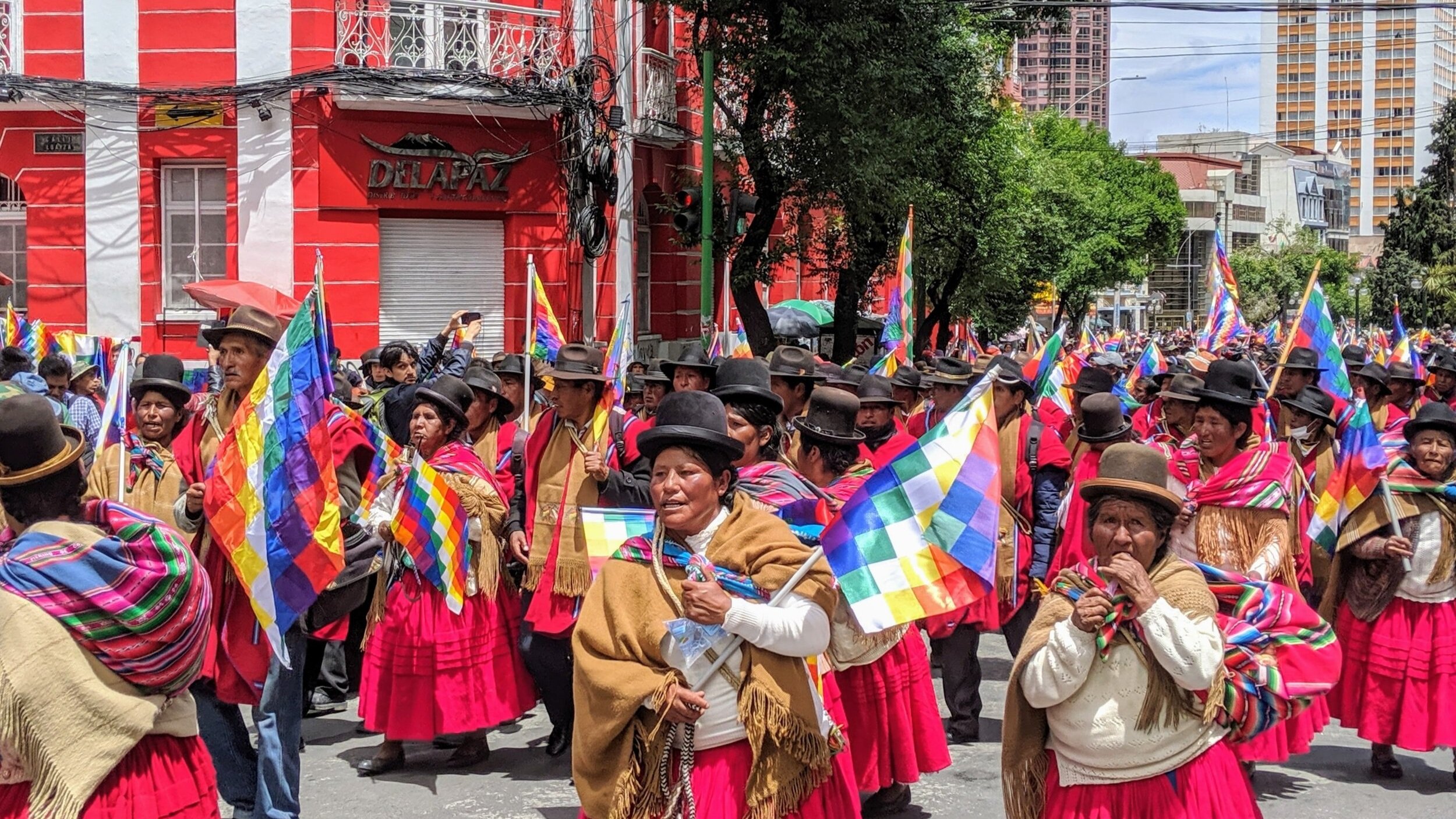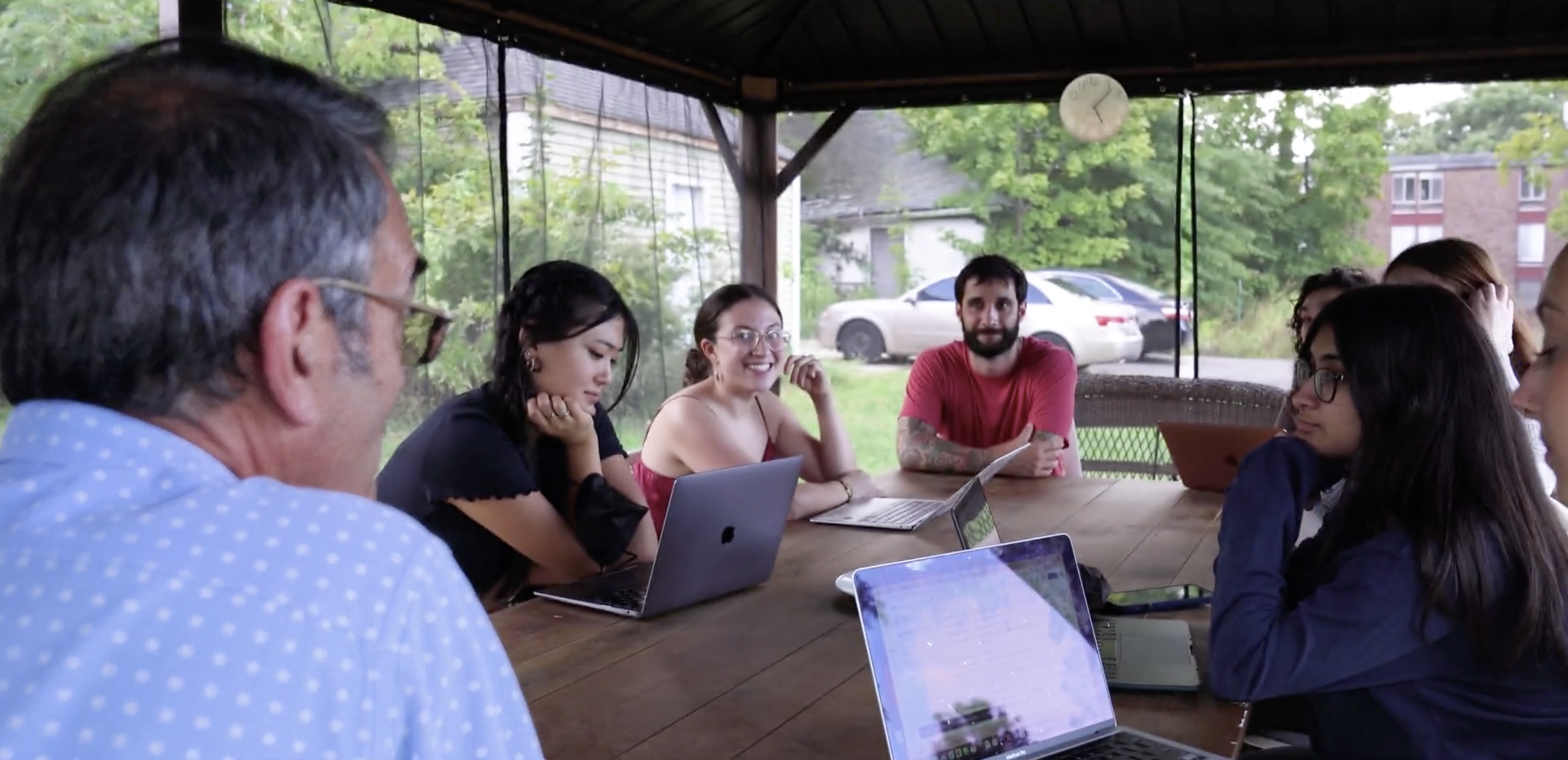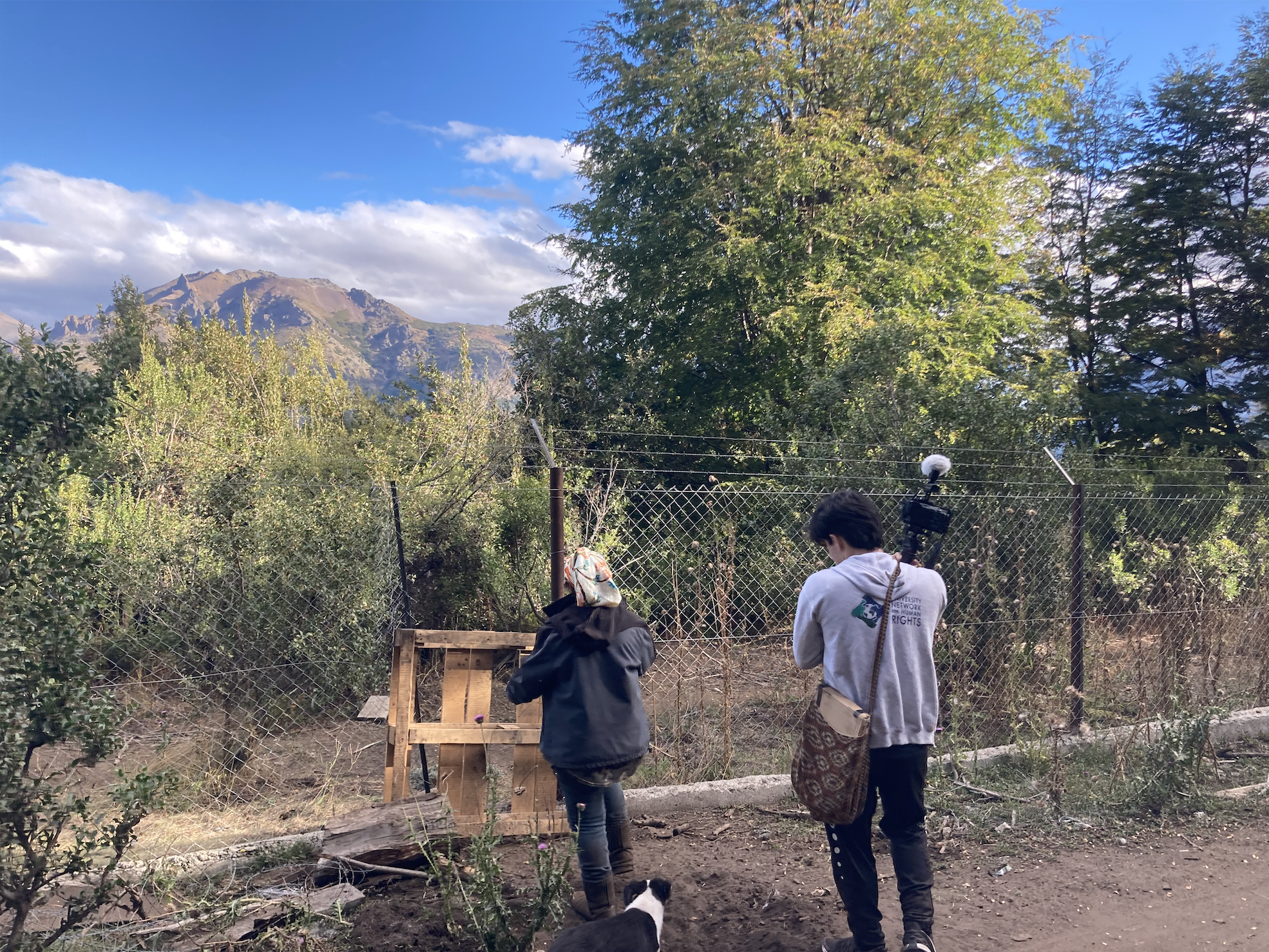University Network
for Human Rights
The University Network for Human Rights trains the next generation of advocates by engaging undergraduate and graduate students in supervised human rights fact-finding, documentation, and advocacy. We defend human rights in their broadest sense and pursue movement-based advocacy that centers the voices of directly affected communities. Learn more about our mission here.

